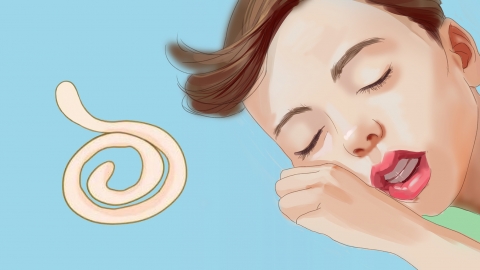How to treat ADHD in children
In general, childhood hyperactivity disorder (ADHD) may be caused by various factors including genetic influences, abnormal brain development, minor brain injury, psychological and behavioral factors, and neurotransmitter imbalances. It is recommended to seek medical attention promptly, identify the underlying cause, and then improve symptoms under a doctor's guidance through non-pharmacological interventions, medication, and other treatments. The specific analysis is as follows:

1. Genetic factors: If there is a family history of ADHD, children have a higher probability of inheriting the associated genes, making them more prone to symptoms such as inattention and hyperactivity. Parents should create a structured living environment for their child, establish a reasonable daily routine, and minimize external distractions.
2. Abnormal brain development: Delayed development of the prefrontal cortex in children can impair executive function, leading to poor self-control, hyperactivity, and impulsivity. Under medical guidance, cognitive-behavioral training can be conducted—using methods such as task breakdown and reward systems—to enhance the child’s self-management skills.
3. Minor brain injury: Oxygen deprivation at birth, premature delivery, or mild head trauma later in life may damage brain function and trigger ADHD symptoms. In addition to medication, rehabilitation therapies such as sensory integration training and balance exercises should be implemented to improve brain function.
4. Psychological and behavioral factors: Long-term family disharmony, inappropriate parenting styles, or excessive academic pressure may lead to psychological anxiety in children, manifesting as hyperactivity and difficulty concentrating. Parents should adjust their parenting approaches, offer encouragement and companionship, and reduce criticism and blame.
5. Neurotransmitter imbalance: Insufficient secretion or dysfunction of neurotransmitters such as dopamine and norepinephrine in children can disrupt neural signal transmission, resulting in hyperactive symptoms. Medications such as methylphenidate hydrochloride extended-release tablets, atomoxetine hydrochloride capsules, and bupropion hydrochloride extended-release tablets may be used under medical supervision to regulate neurotransmitter levels and improve attention and self-control.
In daily life, provide children with light and easily digestible meals, and reduce intake of high-sugar and highly processed foods. Additionally, arrange study and leisure time appropriately to avoid overexertion. Through close collaboration between home and school, jointly guide the child in developing healthy behavioral habits to promote symptom improvement.




